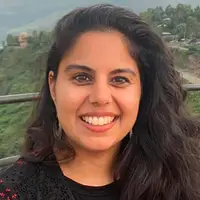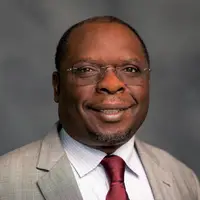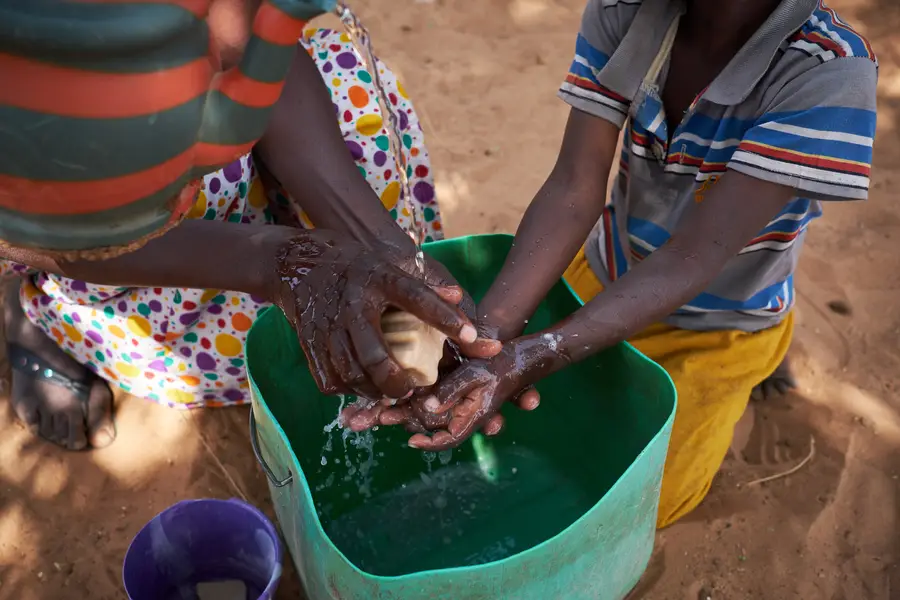Photo by Sam Phelps for RTI International
Ask the Kenyan business owner leaving for work, the Indonesian girl coming home from school, or your next-door neighbor — no one will say having access to clean, safe water isn’t important. And for decades, the billions of dollars spent to build and maintain water infrastructure has emphasized that point.
In 2017 alone, cities and companies globally reported spending nearly $33 billion on projects to mitigate water risks. Despite the enormous collective investment in water, sanitation, and hygiene (WASH) infrastructure, the World Bank reports that 663 million people still lack improved sources of drinking water.
Water experts around the globe are increasingly aware — especially in the face of worsening floods and dramatic weather events — that investing in climate-smart infrastructure is no longer optional.
But infrastructure isn’t everything.
Laying pipes and turning on the tap will only get us part of the way to providing affordable, safe, and clean water to all. Creating sustainable water and sanitation sectors is about more than pumps or sewerage systems — it’s about people. In order to get water from source to tap in an equitable and sustainable way, it must flow through transparent and accountable institutions.
Strong Governance for Better Services
Strong governance is the true foundation on which the WASH sector must continue to build and invest in itself.
When effective, system-wide governance is in place, elected officials and service providers or utilities can better manage resources and attract new investment, institutions are more responsive to the people they serve, and communities are informed and empowered.
We’ve seen this dynamic clearly in Nigeria, where through the USAID-funded Effective Water, Sanitation, and Hygiene Services program (E-WASH), we’ve been working with five states and their state water service providers to not only boost water infrastructure but also strengthen water governance.
These states struggle to provide clean water to their urban populations. In fact, although 29 percent of city dwellers in Nigeria used to receive piped water, that figure had dipped to just 10 percent. Improved infrastructure was certainly on the wish list. But the problem was not something these states could simply build their way out of. The solution had to holistically address how the system was being managed and governed.
So, state governments enacted and implemented laws that granted more autonomy to their state water corporations, and approved the creation of a regulatory agency to license and monitor them as well as enforce drinking water standards.
With the support of these stronger laws, policies, and institutions, water utilities could then focus on improving their own internal governance, thus also improving crucial technical and operational components of the water supply chain. And they did; water service providers in Nigeria restructured their finance departments, instituted financial management processes, and developed revenue targets. For the first time ever, they switched from a manual billing and collections process to one that was automated in order to become more transparent and reduce errors. This will help them to ingrain accountability, better track revenue, and make informed plans for operations and maintenance — all in addition to working toward building back customer trust and connecting with their communities.
Another example of building strong community engagement and institutional responsiveness comes from the USAID-funded Governance for Local Development (GoLD) program in Senegal. Through the program’s efforts strengthening citizen engagement and government responsiveness for service delivery, communities and government worked together to address priority issues, such as access to clean water. Local governments have become more responsive to citizen requests, increased local revenue mobilization, and improved the way they manage resources. Meanwhile, communities are actively participating in the planning and monitoring of public services through a citizen voice and action tool.
By amplifying citizen voices through advocacy groups, and supporting government capacity and accountability through community action plans and local partnerships, hundreds of Senegalese households have more reliable access to quality water—and a direct line of communication to elected officials, service providers, and administrative authorities on questions related to education, health, and water.
1 + 1 = 3
Put simply, when it comes to WASH, the whole is greater than the sum of its parts. Governance interventions may support stakeholders individually — but success hinges on bringing institutions and communities together.
When governance is transparent and goal-oriented at multiple levels and across institutions, the result is more robust and responsive services. When communities are engaged, the outcome is a more informed and civically active populace. And when both can be achieved, the result is a productive cycle of individuals holding institutions accountable, while also becoming more informed consumers, and government stepping up to fulfill its promises while finding ways to do it in more streamlined, efficient, and viable ways.
Yes, investing in water infrastructure is critical. But investing in the systems, stakeholders, and communities surrounding it is equally vital. With that synergy of infrastructure and governance, water systems can be resilient, inclusive, and sustainable.




